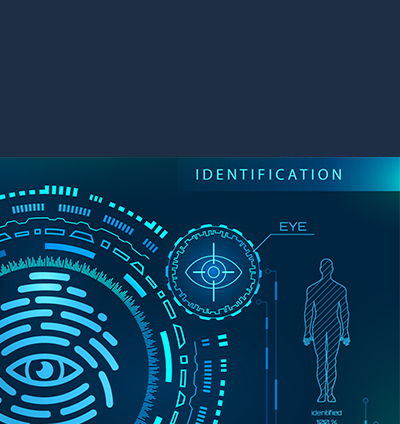
JAJI’s Intelligent Cockpit incorporates a Health and Safety Monitoring System that leverages advanced sensor technologies and artificial intelligence (AI) algorithms to monitor the driver’s health and the inside environment of the vehicle in real-time. The system captures key data points such as cockpit temperature, driver’s vitals (body temperature, pulse rate, blood oxygen, heart rate), and alcohol content. Additionally, it provides safety features by monitoring noise, air quality, and brightness levels in the cockpit. By processing this data, the system can provide personalized health recommendations and real-time driving guidance.
Furthermore, the system utilizes dynamic image recognition to identify signs of driver fatigue, such as closed eyes, yawning, phone use, and inattentiveness. When fatigue or distraction is detected, the system employs seat vibrations, voice prompts, and audible alarms to alert the driver, promoting safe driving practices. This innovative solution offers a comprehensive package for drivers, enhancing both health monitoring and safe driving support. For automotive manufacturers, it represents an intelligent cockpit solution that seamlessly integrates these critical features.







The Smart Health Monitoring System transforms vehicles into custodian of passengers' health, providing users with a brand-new experience through multi-dimensional health data analysis. By integrating medical scientific data, the system regularly analyzes health conditions, offers health guidance, and contributes to a healthier future for all.


The sensor module continuously monitors passengers' physiological indicators. The data acquisition and processing module collects and analyzes sensor data. The monitoring and alert module monitors health data, triggers alerts when abnormalities are detected, and performs intelligent analysis and decision-making.


The Smart Health Monitoring System plays a crucial role in data perception, prediction, and prevention. By endowing vehicles with data perception, prediction, and prevention capabilities, it achieves more effective health management and a deeper understanding of passengers' needs.




